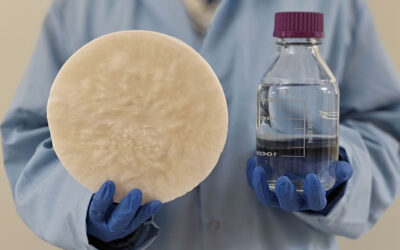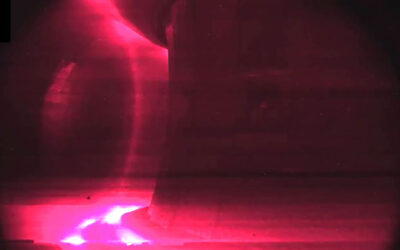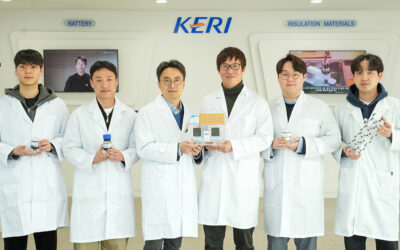Japanese researchers have developed a novel organic polymer cathode material for use in rechargeable Li or Na batteries. The poly(benzoquinonyl sulfide) (PBQS) cathode demonstrates high energy density, excellent cycling stability and exceptional rate capability in a Li battery.
Conventional Li-ion batteries are limited to inorganic intercalation cathodes, which restrict the energy densities which can be achieved. While Li-S and Li-O2 batteries show improved energy densities, they pose many significant problems. Li- and Na-organic batteries may present a greener, sustainable alternative, with an attractive electrochemical performance.
However, these organic cathode materials must overcome problems of low redox potential and unfavorable dissolution, with which they are commonly associated. The group from AIST, Japan, has successfully achieved this by developing insoluble polymer PBQS, based on benzoquinone (BQ) – which has high redox potential (2.5-3.0 V vs Li+/Li) and high theoretical capacity (496 mA h g-1) – units with thioether linkages. Following a polymerization-oxidation approach, from Li2S and dichlorobenzoquinone (DCBQ), the group was able to obtain PBQS in high yield.
The Li-PBQS battery exhibits superior energy density (2.67 V x 275 mA h g-1 = 734 W h kg-1) to that of commercial inorganic cathodes, stable long-term cycling performance (1000 cycles, 86 %) and outstanding fast-discharge/charge capability (5000 mA g-1, 72 %). Disappointingly, the researchers found the Na-PBQS battery performed much poorer in terms of cycling and rate. By exploring the electrolyte used, they hope to improve these properties to match those of the Li-PBQS battery. The exceptional performance of the Li-PBQS battery represents a significant step towards economical, environmentally friendly, high-performance Li-organic batteries.
Advanced Science is a new journal from the team behind Advanced Materials, Advanced Functional Materials, and Small. The journal is fully Open Access and is free to read now at www.advancedscience.com.
















